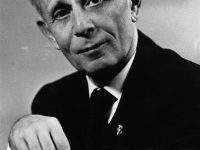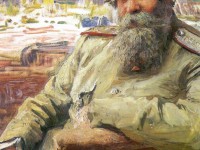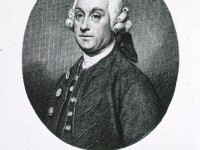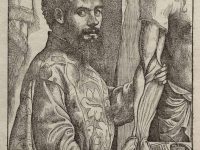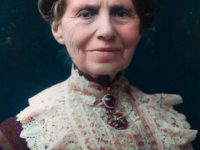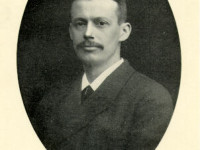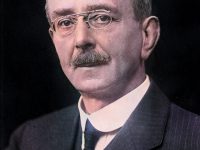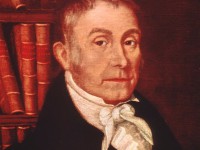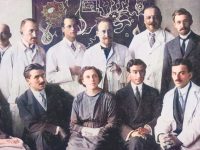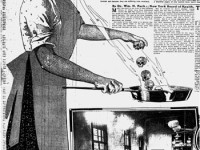Hans Selye and Phenomenon of Stress
On January 26, 1907, pioneering Austrian-Canadian endocrinologist Hans Selye was born. He conducted much important scientific work on the hypothetical non-specific response of an organism to stressors. Although he did not recognize all of the many aspects of glucocorticoids, Selye was aware of their role in the stress response. He is considered the first to demonstrate the existence of biological stress. Hans Selye – Early Years Hans Selye was born in Vienna,…
Read more

